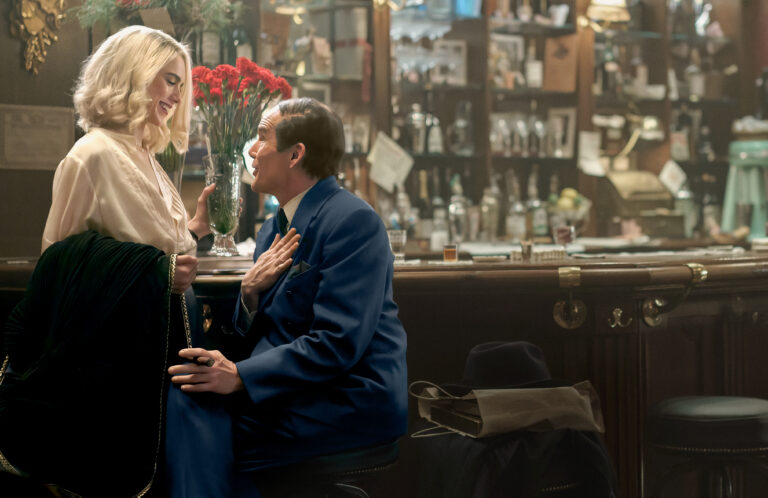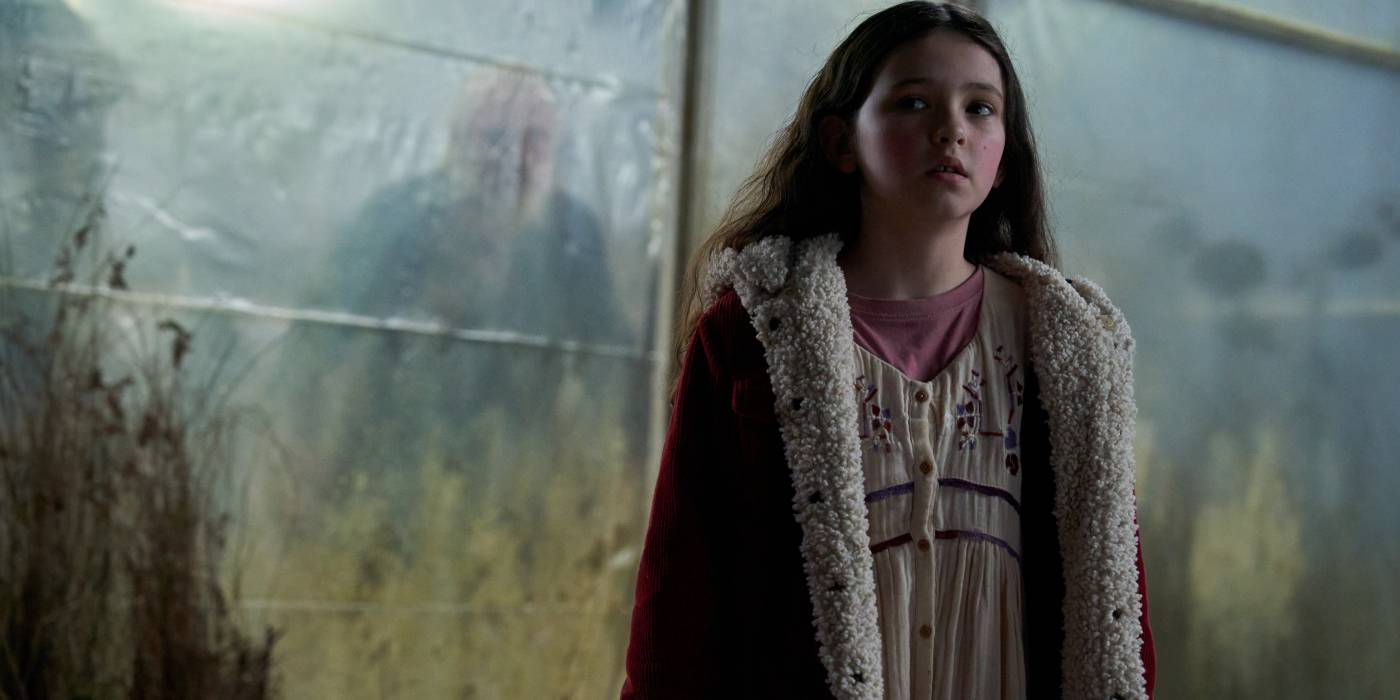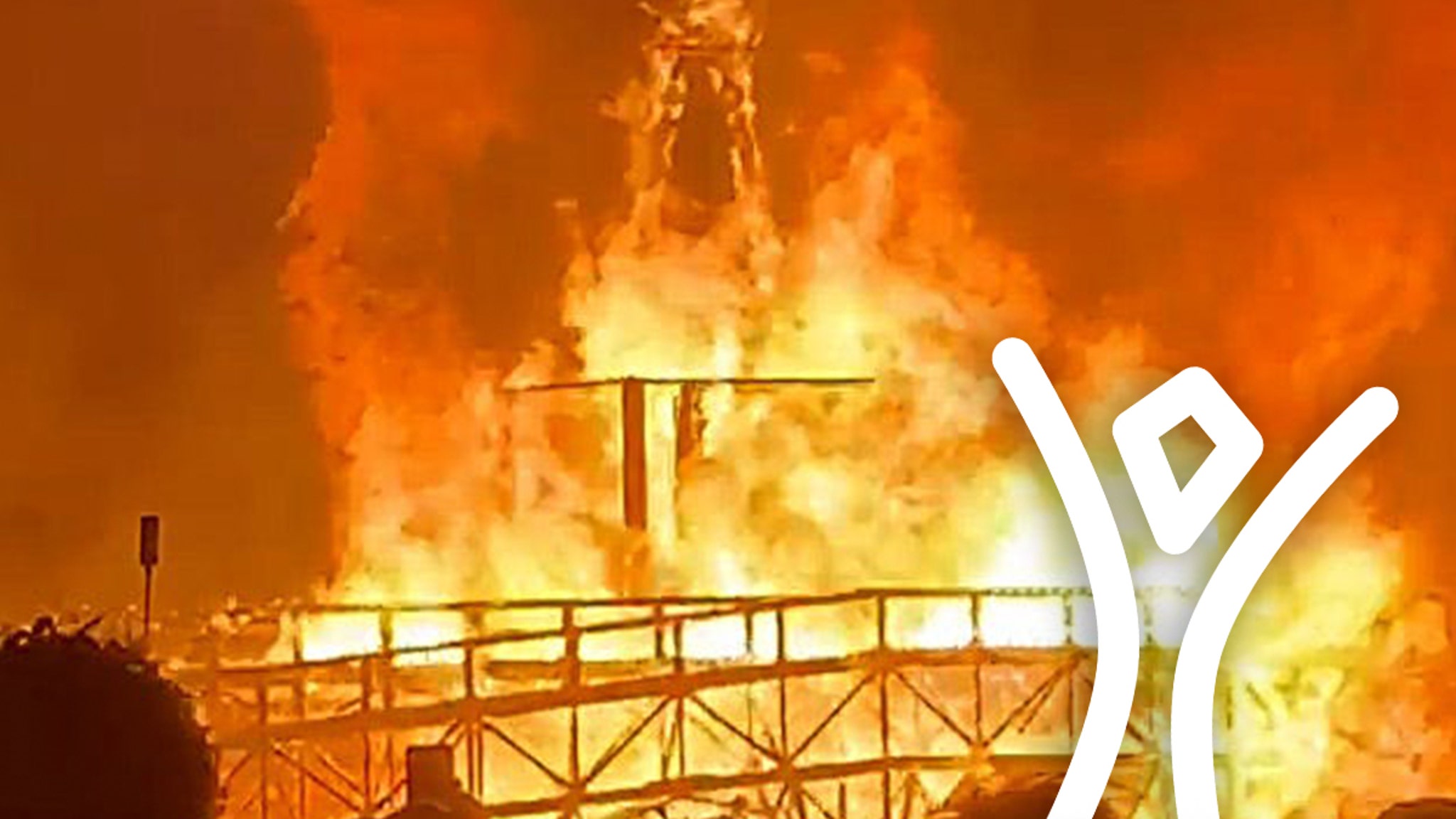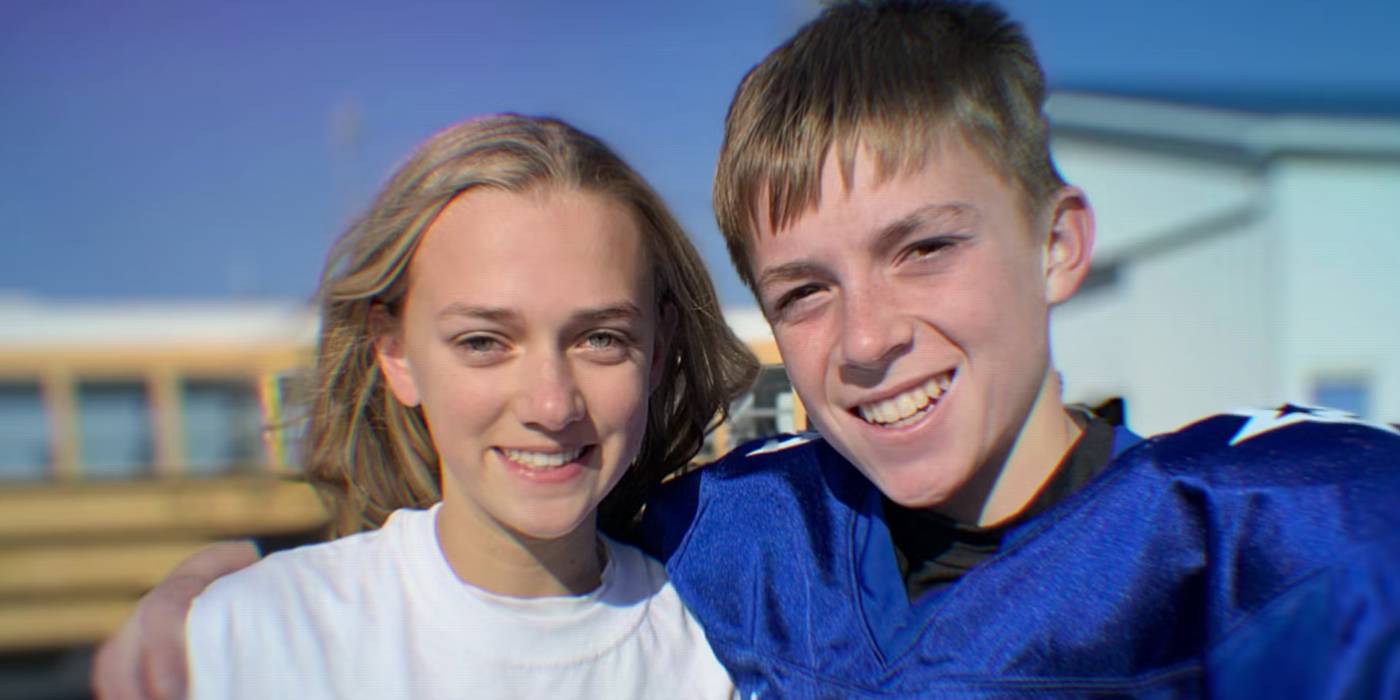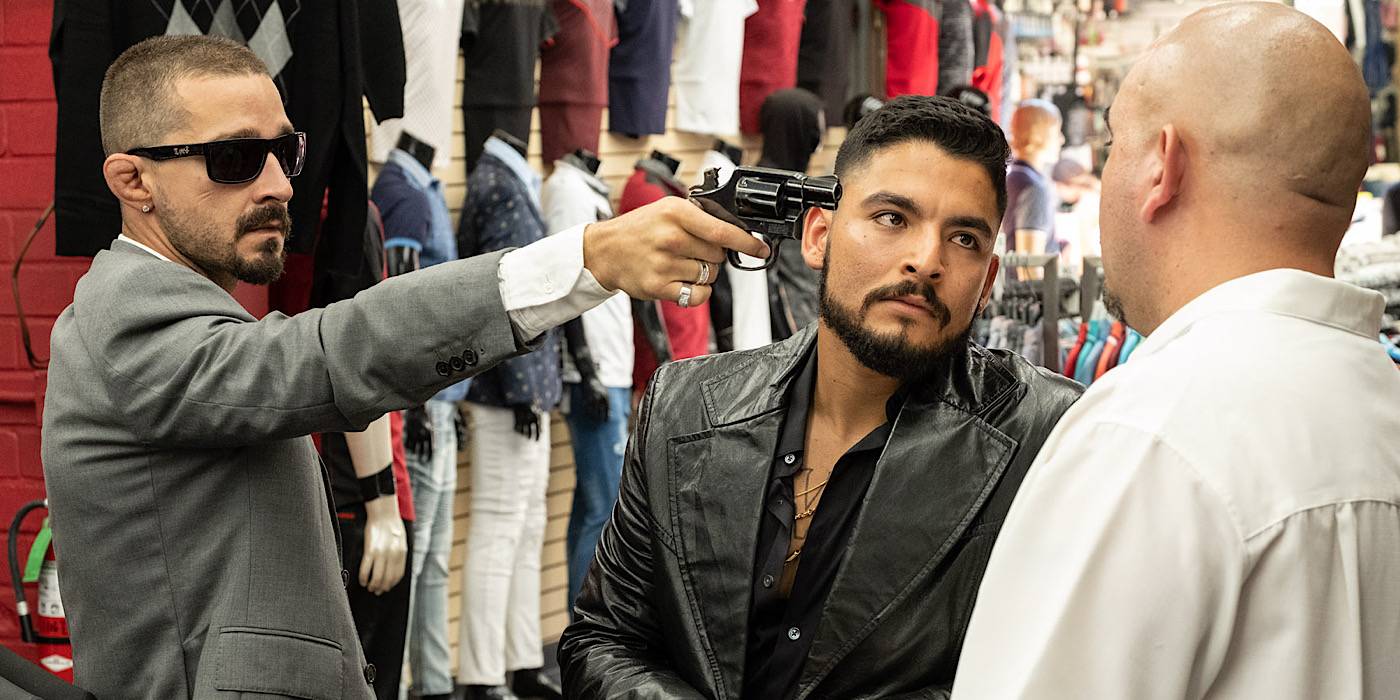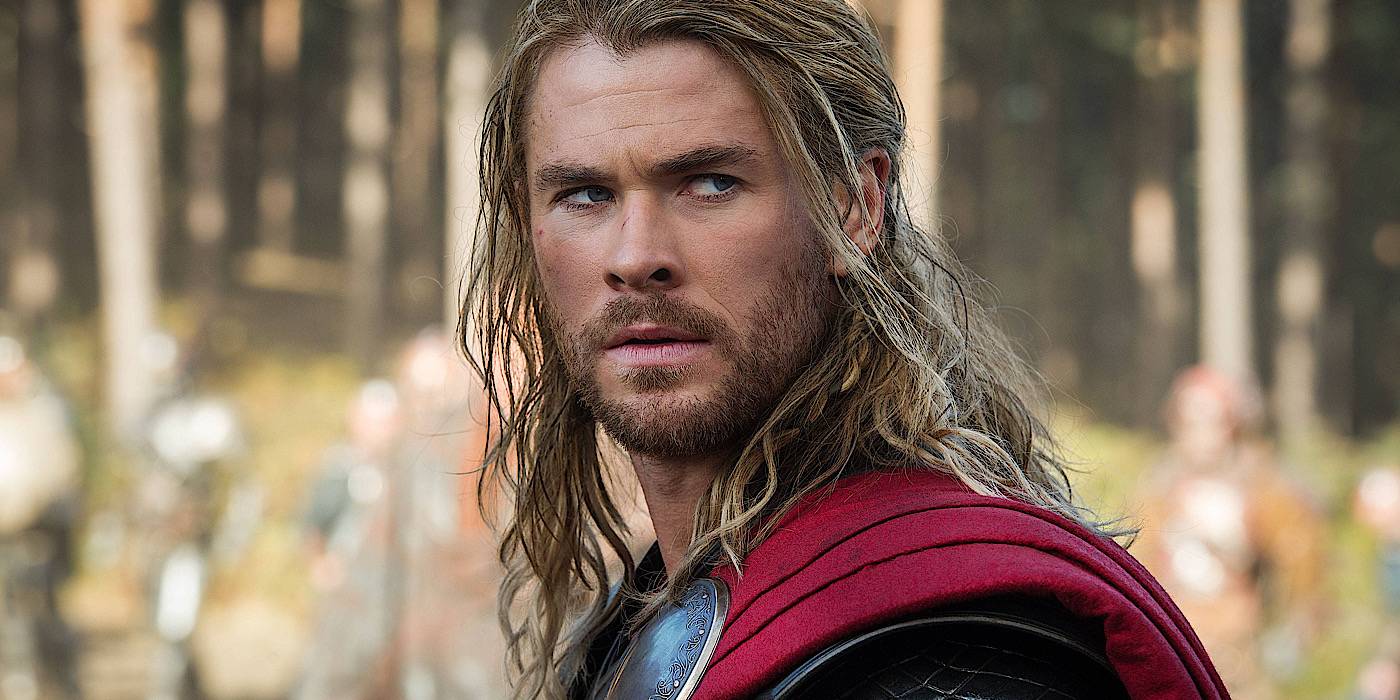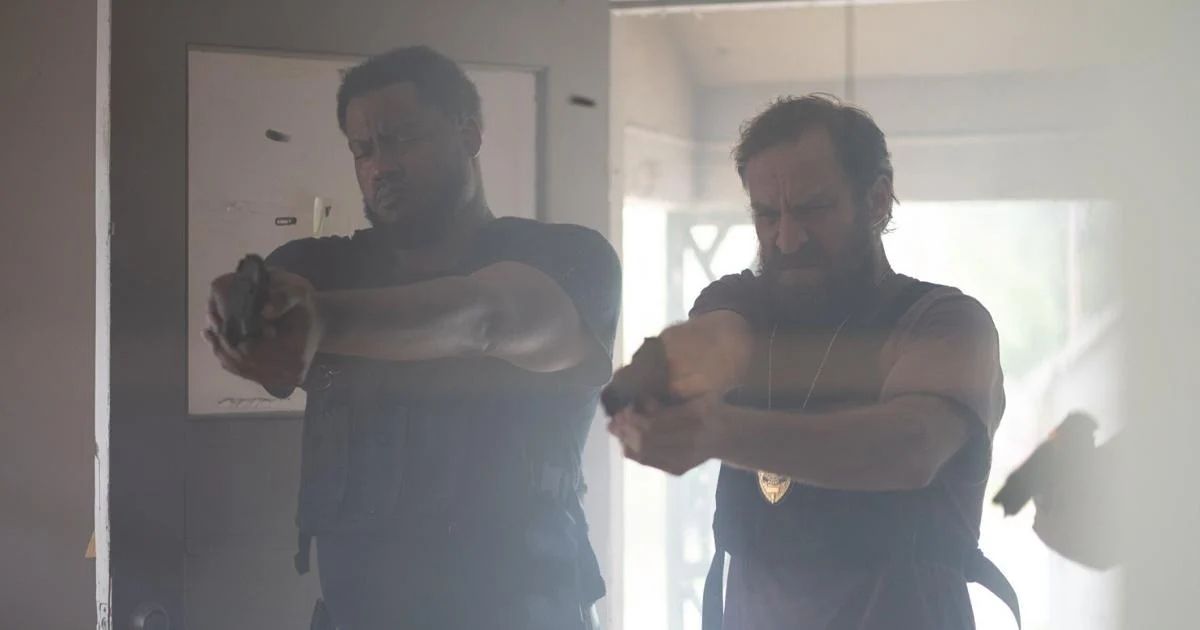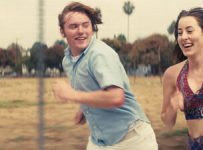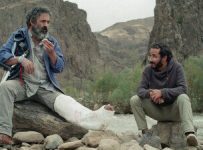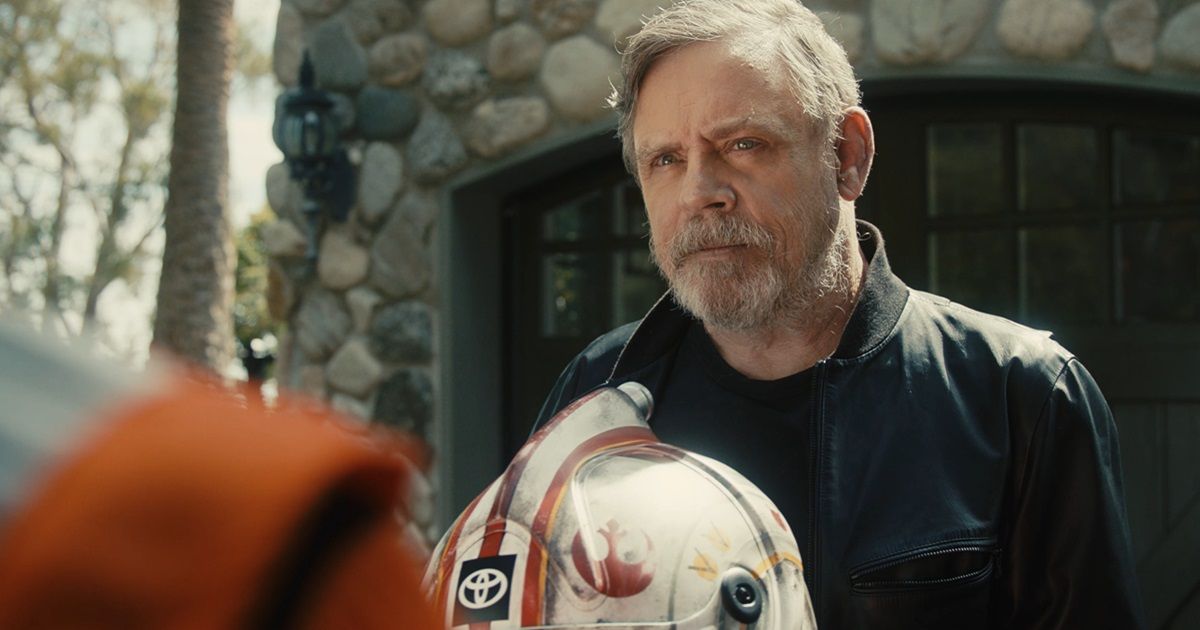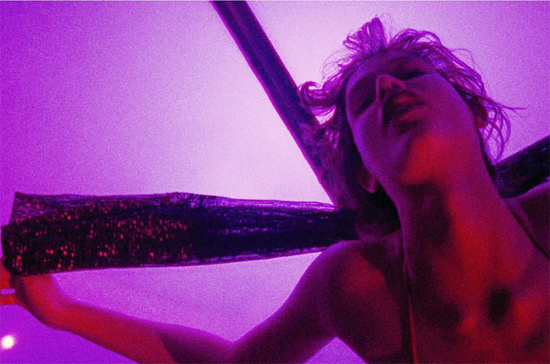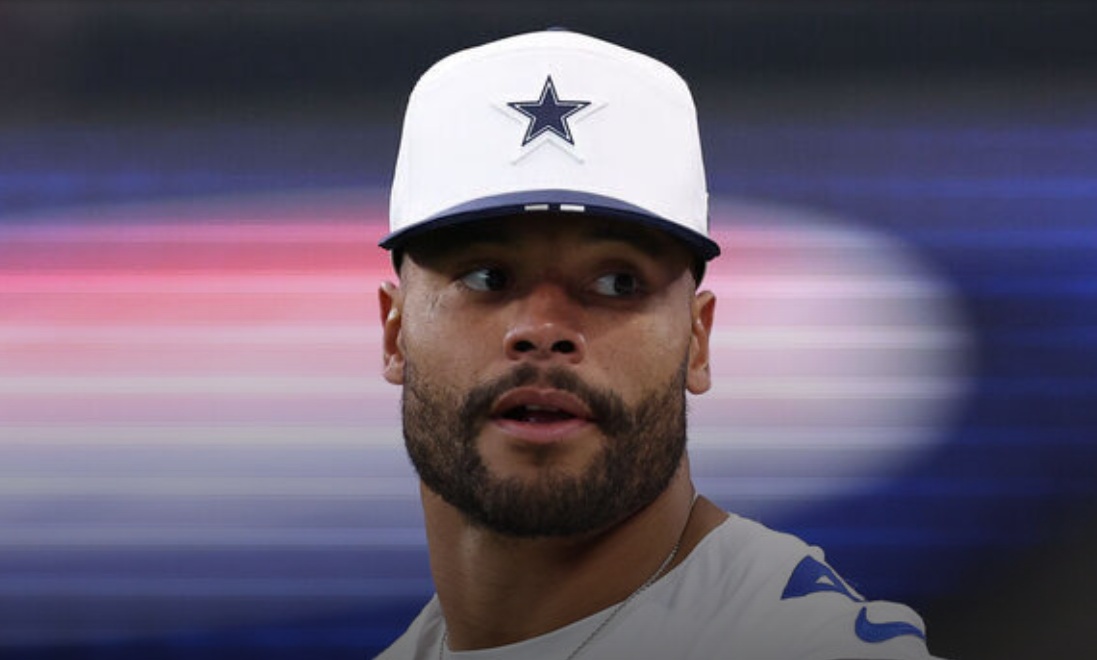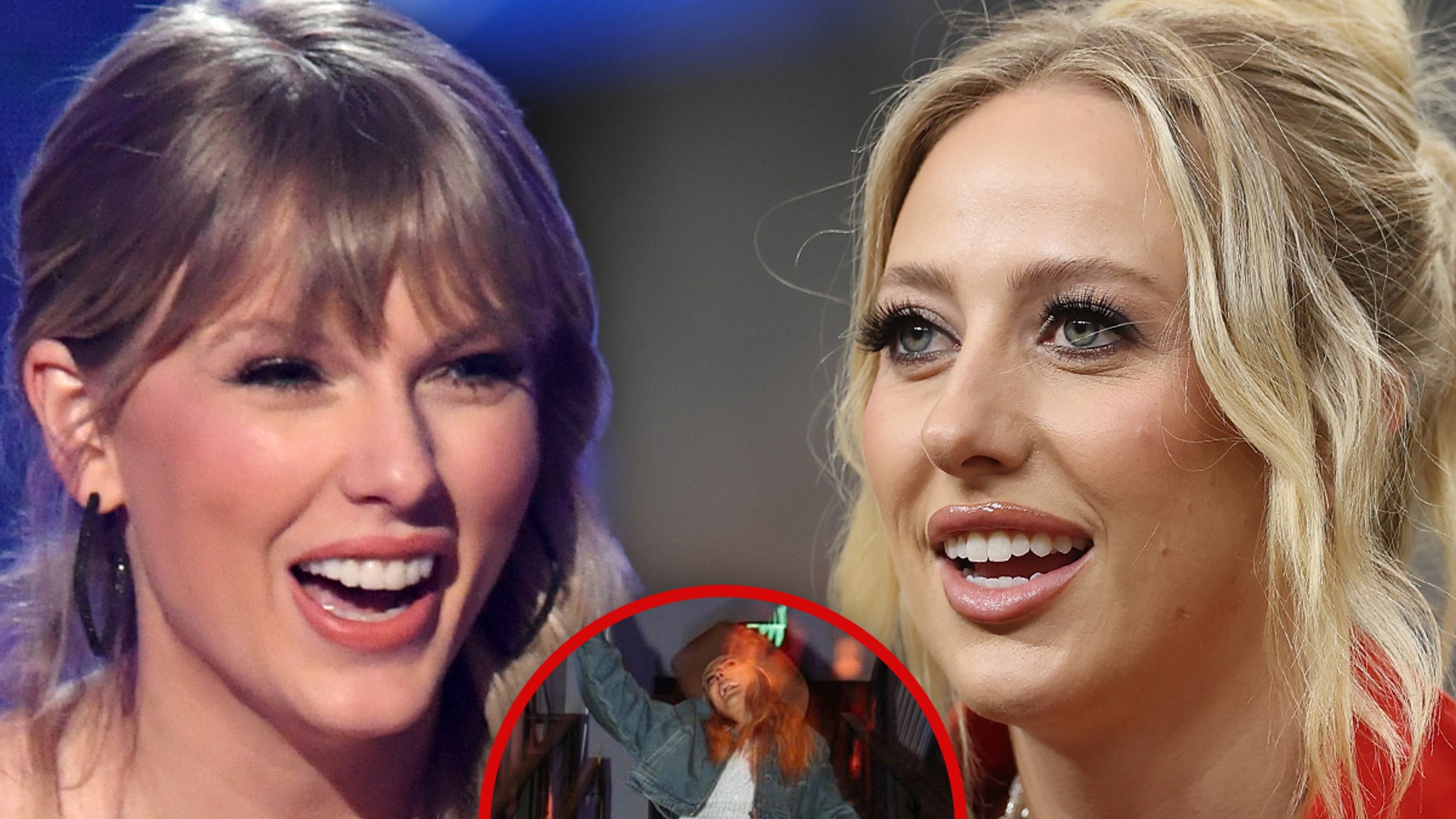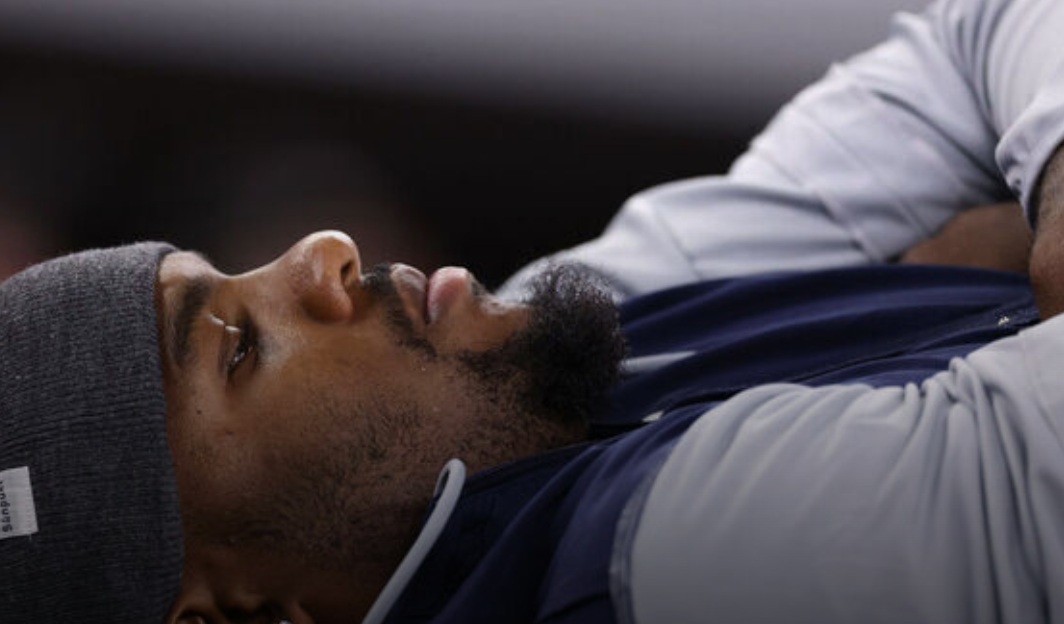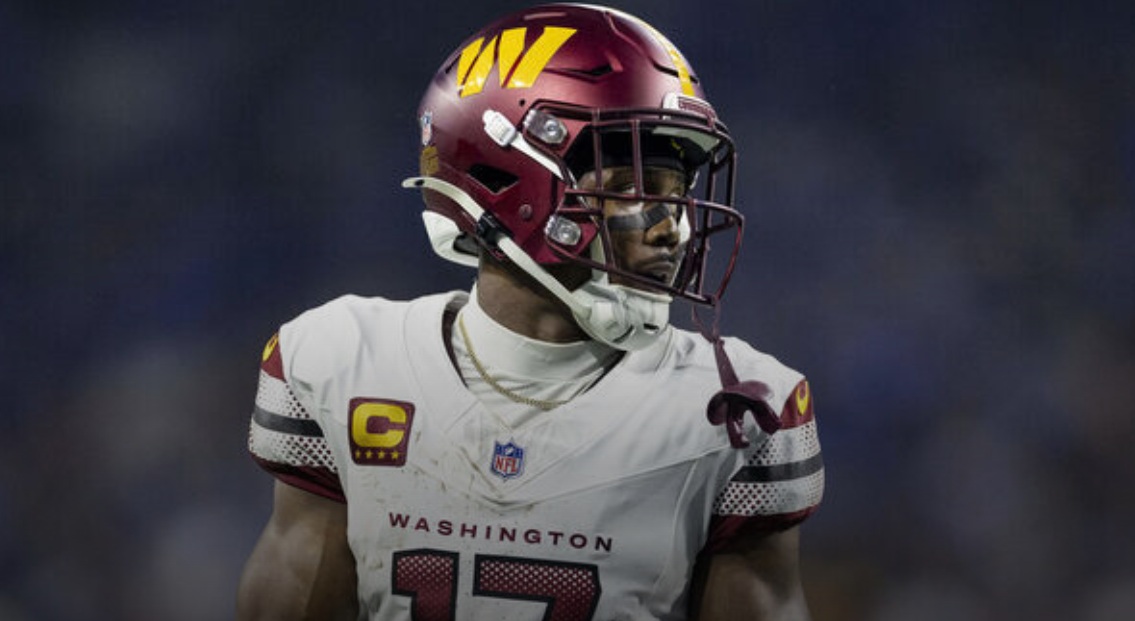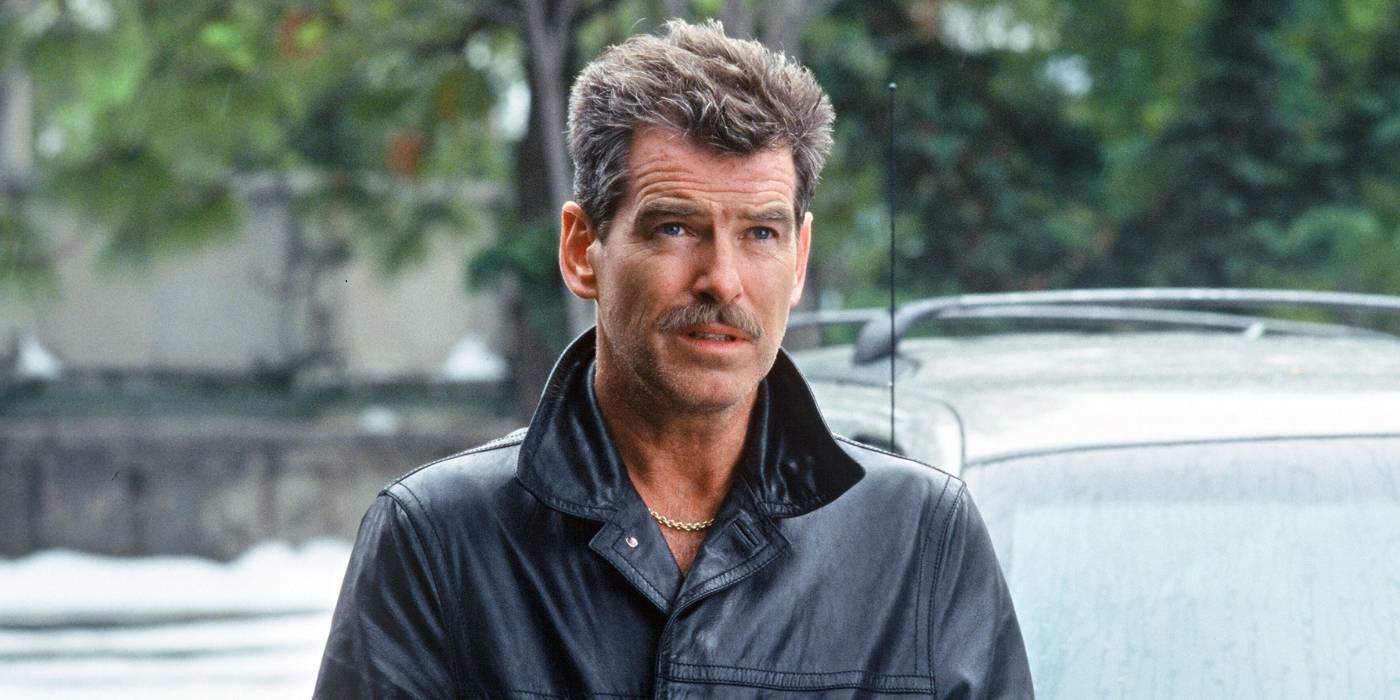“Gather ye rosebuds while ye may” is a phrase a young Ethan Hawke took to heart while filming “Dead Poets Society,” the iconic drama that launched his career as an actor. Thirty years and countless honors later—including four Academy Award nominations, as both an actor and writer—Hawke was honored with a special tribute at the 52nd Telluride Film Festival this past weekend with a presentation of his two newest projects, both about artists. In Richard Linklater’s “Blue Moon,” set primarily in NYC’s iconic Sardi’s Restaurant on March 31, 1943, Hawke stars as legendary lyricist Lorenz Hart, who is bravely facing the future as his professional and private life unravel at the opening night party for his former partner’s hit show Oklahoma! By the time this night is over, Hart will have confronted both a world that no longer values his talent and the seeming impossibility of love. Hawke’s other film, “Highway 99: A Double Album,” is a heartfelt and loving documentary tribute to country music legend Merle Haggard, retracing key events in the singer’s storied career and life, including a stint in San Quentin where he crossed paths with Johnny Cash.
After both premiered this holiday weekend in the mountains of Colorado, Hawke took time to elaborate on his intimate and personal processes with both films, while sharing the one moment that hurt him to his core that needed to be edited out of the Highway 99 doc.
Where did the double album concept come from for “Highway 99”?
You know, when I was a kid, you’d get some really great double albums. I remember putting the speakers right next to each other, listen and then you stand up and you turn the record over. I thought, I’m going to tell Merle’s life story with his own songs and let his own work speak for himself, and it’ll be like a double album. Start at side one. You know? Side A. Track one. Track two. The audience will feel where they are in the story and then we could basically use the songs he wrote to tell different chapters of his life
The manner in which you utilized various country artists or recited portions of Merle’s My House of Memories autobiography aloud, interweaving it with his music, was fabulous.
We’re all trying to cast a spell. When you would see Nina Simone come on stage, she hypnotized you. Right? You’re, like, frozen. Some things break the spell, and some things cast a spell. So, I thought if the audience could buy in, music will cast a spell and keep the river moving with these different artists, thoughts and ideas. It’s not just Merle all the time and hopefully, people will see aspects of the country and themselves and people they know.
In the course of watching this film, someone said that a lot of Haggard’s songs include the word shame. Does that word have a different meaning for you now coming on the other side of this project?
Well, I was really focused on was making a movie about this opposition of pride and shame until Killer Mike said, you just described a man. That’s all of us. It’s not just Brother Haggard. This war we all have in our selves of I love myself, believe in myself, I can do this, I am here, you need to listen to me contradicts this other part. The part that says I’m not worthy, I don’t deserve it, I shouldn’t be here, I need to be quiet, or I shouldn’t have done that. I’m mad that we’re all in that struggle.
It wasn’t lost on me that the two people who meant the most to him were Johnny Cash and Dolly Parton, and I loved that you were able to catch the camaraderie between Cash and Parton.
Can I tell you something that’s amazing? The last thing I had to cut out that hurt is they wouldn’t let Merle Haggard into Johnny Cash’s hospital room because it was family only. So, he dressed up like a doctor, snuck into the hospital room and woke him up out of a coma. Cash said, “What are you doing here?” Haggard said, “Well, I heard you’re dying. “Cash replied, “yeah” and Haggard said he just wanted to make sure I told you I loved you.”
It’s so beautiful. The rascal in him, the troublemaker in him still lives, the guy who cannot play by the rules is still there. There’s also this idea that men don’t tell each other they love each other. You know? It’s so bad for young men. They buy it hook, line, and sinker. They think it’s a sign of weakness. And these fucking tough guys told each other they loved each other. There’s this whole masculinity act, when it’s not rooted in strength and empowering others, it’s not real. They’re vulnerable, tender, strong, fighters, and they stand up for what they believe in. They’re healers, nurturers and that’s what I started to see in Cash, Willie (Nelson) and Merle that separated them from some of the pretend country artists.
But everything you just stated is the backbone of country music. Let’s flip to your performance in “Blue Moon.” You are clearly a musical theater fan.
We all love to sing and dance. You know what I mean? I mean, come on…we’re show people. That’s what I like about Telluride. They call it “SHOW.” Like, that’s really what we’re doing is putting on a show and that we try to elevate, make it meaningful, substantial and worth people’s time.
Your performance felt like a one-man cinematic monologue. What was the rehearsal process to know your lines that you know?
That’s the thing about (Richard) Linklater that’s different than me. I got to do it like a play. You know? I got to do run-throughs of the whole thing, stopping to finish with the crew there because the whole movie is like one movement of music. Every moment is connected. There’s no cut and then a new scene starts.
It’s not like a verse and a chorus and a stanza.
No. It’s one movement. Rodgers and Hart songs were built like jazz with songs that are witty, funny and heartbreaking. This is the movie. Their songs there have rhythms that are eccentric, beautiful language and ideas are not simple, but they’re complex. So, I just started to look at all my lines like lyrics to a Rodgers concert. The camera could be Rodgers, giving it pace, giving it movement, knowing when it wants to rise, when it wants to fall. Fine. I just got the lyrics. You know? And I’ll just go with the camera.
Why did you feel the need to make Lorenz Hart short?
A guy who is a head shorter than everybody else is trying to be heard. He feels unseen. So, a lot of what motivates all of us, is our body image stuff. It affects how we think and interact with the world. People ignored him (Hart) all the time and didn’t take him seriously. For all the things that human beings are cruel to each other about, sexism, racism, everything we all know about, short people experience all of this differently. It’s stupid. Tall people aren’t good people. Beauty is as beauty does. We all know it. Right? But I thought when Margaret Qualley is just looking down on him, it’s essential. It’s like she’s looking down on him, everybody’s looking down on him and it’s driving him insane.
“Blue Moon” opens in New York & Los Angeles on October 17, 2025, expanding nationwide on October 24, 2025. “Highway 99 A Double Album” does not yet have a release date.
You can view the original article HERE.

